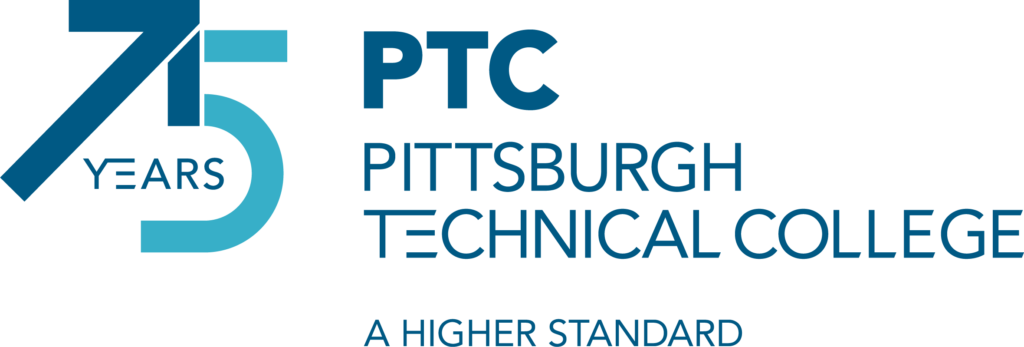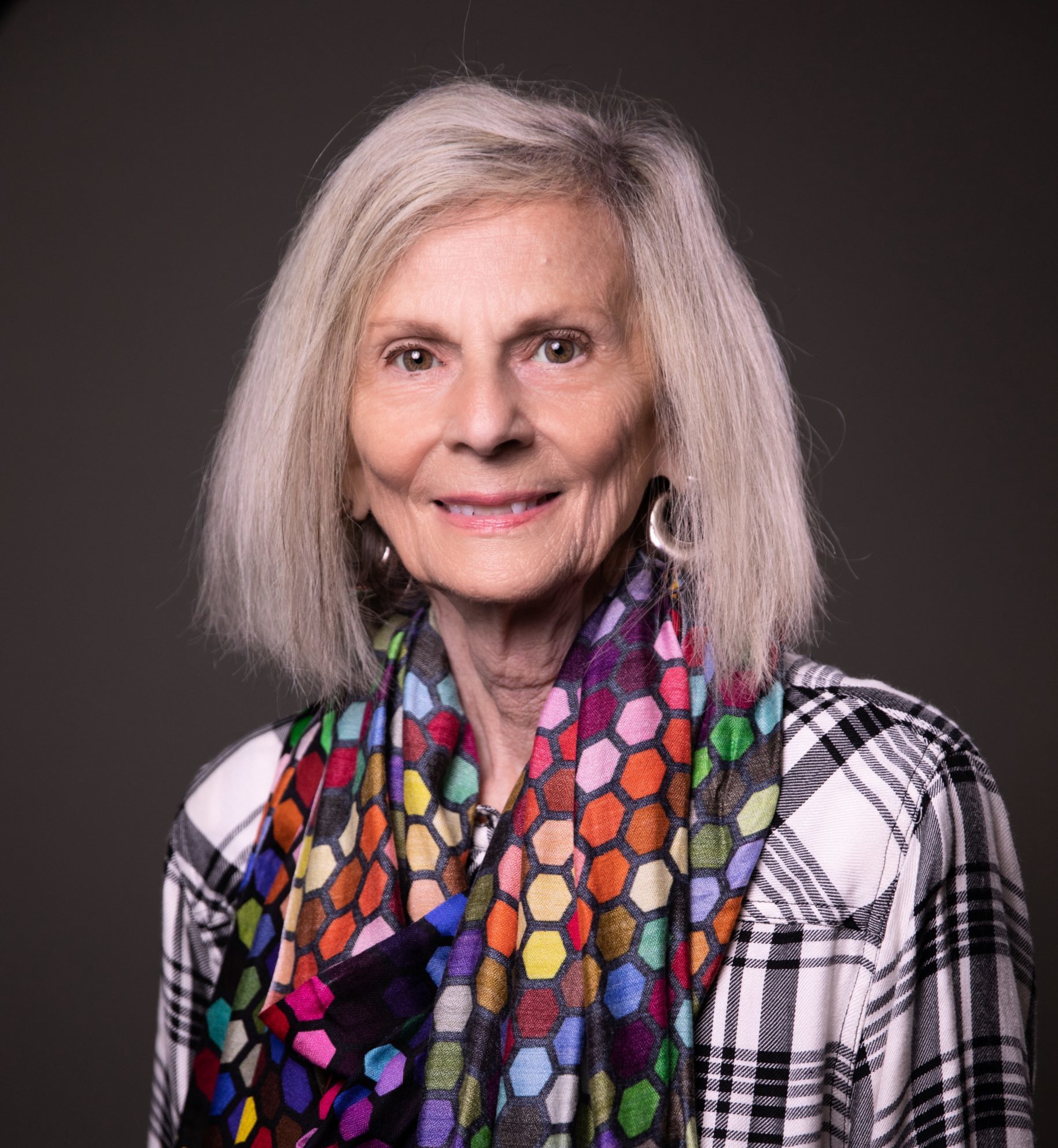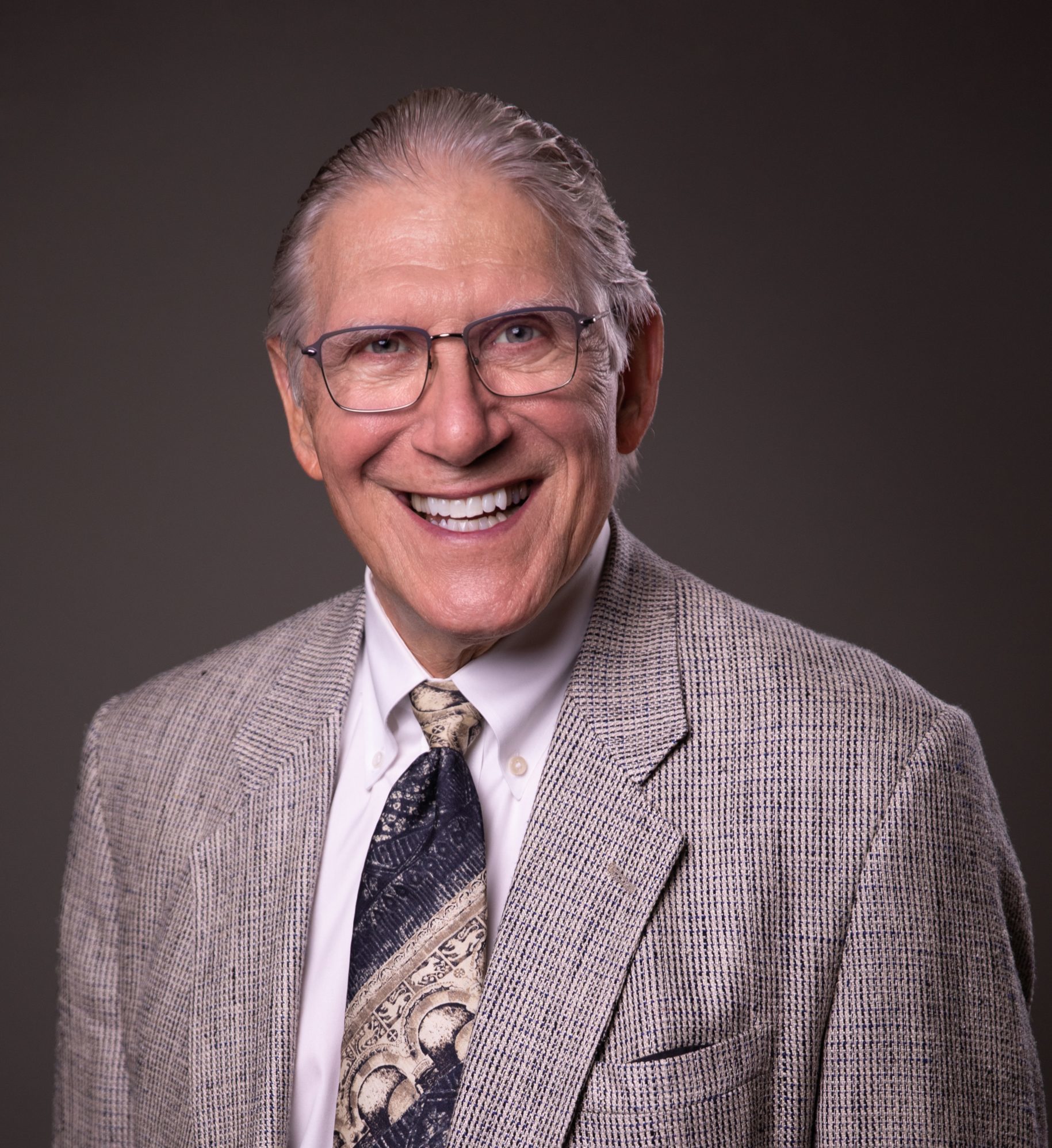A Look Back on 75 Years: My PTC Experience

As PTC celebrates its 75th anniversary, we take an inside look at the past, present and future of the college through the lens of current students, faculty, board members and more.
In the third installment of this six-part series, we spoke with two members of PTC’s Board of Trustees—Chair Dr. Peggy Williams-Betlyn and Secretary Wayne Zanardelli—about PTC’s evolution over the last 75 years and where they envision the college going from here.

Dr. Peggy Williams-Betlyn
Dr. Betlyn has been a member of PTC’s Board of Trustees since 1998. Dr. Williams-Betlyn is President Emeritus of the Community College of Beaver County and former Vice President of Workforce Development and Executive Dean of the North Campus and West Center at the Community College of Allegheny County.

Wayne Zanardelli
As one of PTC’s first-ever members of its Board of Trustees, Zanardelli has been a member since 1994. Mr. Zanardelli served as the President of ICM School of Business for more than 25 years. He is also the former Co-Owner and Vice President of Operations for Professional Services Group (later Sarcom Education Group), a division of Sarcom. Mr. Zanardelli recently served as Chairman of the State Board of Private Licensed Schools.
How have you seen PTC evolve during your time on the board?
Williams-Betlyn: I think a big part of PTC’s evolution came with the move to the Oakdale campus, along with beginning to provide students with the option for on-campus housing. Another huge element of PTC’s evolution was the move to becoming a nonprofit academic institution and of course evolving from Pittsburgh Technical Institute to Pittsburgh Technical College.
Zanardelli: It’s been an amazing evolution from the time Jack McCartan decided to build a new campus out in Oakdale and subsequently added a number of programs over time. There were a couple of acquisitions along the way. He bought Penn Technical School that had been in Pittsburgh for many years, and that added electronics to the curriculum. And then subsequently he bought the Wilma Boyd School, which was a travel school and that became an additional program. It seems like every year PTC has diversified the curriculum adding different vocations and of course they got into the trades as well.
The move to our current nonprofit status pertained largely to Gainful Employment programs, a ratio instituted by the government that was a comparison between your starting salary and your student loan debt, and that was tough for some programs. But that only applied to for-profits and not nonprofits. Over a long period of time, the decision was made to go the nonprofit route, and that turned out to be very advantageous for us for a lot of reasons, specifically how it changed the image that the public sees to some extent.
Your tenure includes the unanimous appointment of Dr. Harvey-Smith as the college’s president. How did the board go about its selection process and how early on did you know that Dr. Harvey-Smith was the right choice for PTC?
PWB: When we decided that we were in the market to look for a new president we decided to hire a search firm who had worked with nonprofits. And the search committee then worked to come up with a profile, which of course the board had a lot of input. The search committee then went out and brought in three final candidates.
And I can personally say, I was asked to go to the hotel to bring Dr. Harvey-Smith to campus. I was impressed with her immediately. She was very warm and welcoming and we got to visit in the car. We had dinner with each of the candidates before making our decision, and that was of course Dr. Harvey-Smith.
WZ: I think the search committee ended up with a large number of resumes. I forget how many, but it was maybe 50. I think out of that they talked to or screened 20 people. They then trimmed that down to three finalists, which the board then interviewed over a period of a couple weeks.
Our decision was unanimous. I think everyone had the same impression of Dr. Harvey-Smith that we still have now. She’s very outgoing, very personable, very friendly, very warm and she had a great background and had accomplished a lot in her previous life. It was really a slam dunk in terms of the board’s decision.
What are some of the steps that PTC has taken under Dr. Harvey-Smith’s direction that gets you excited for the next 5 to 10 years?
PWB: Dr. Harvey-Smith understands nonprofits, and I think she’s been educating the entire PTC community on exactly what being a nonprofit is all about. I’ve always worked in nonprofits and they’re involved in everything. To be a nonprofit, you have to be involved, and she is very involved. She is involved on the federal, state and local level. Dr. Harvey-Smith is out in the community singing the laurels of this institution and she also understands the importance of fundraising, and she does very well with that.
PTC was used to operating as a for-profit college and she’s moving the college toward understanding how you work in a nonprofit where there are more processes. For example, when we hire someone, there is now an interview group that goes through the interview process and makes recommendations. It’s not simply adding personnel to a department if there’s a vacancy. So again, she bringing processes and procedures that came from her nonprofit experiences which has been a great addition to PTC.
WZ: What Dr. Harvey-Smith has done, which is really her primary role as president of a nonprofit, is to increase the visibility of the institution and make sure that we are seen as part of the higher education community in Pittsburgh. And she has done an excellent job in this regard and her recent awards speak to that. She was recently recognized by the Pittsburgh Technology Council’s Tech 50 Awards as its CEO of the Year, while also being honored as a Smart 50 honoree as a top executive of one of the smartest companies in the region.
Has the board’s mission changed over the years or has it remained constant?
PWB: The board’s mission has been somewhat constant over time and I feel what is important about our board is that we understand our role, and that is to be strategic thinkers. Our role is not to be involved in the day-to-day operations, but to look at the vision of the college and where we want to be. Our board is extremely committed to the students, and no one has any financial interest in anything that goes on there, we’re just here because we believe in education.
WZ: The two main responsibilities for the board have been fiduciary and finding the new president. It’s a good board in terms of everyone past and present being very committed to the institution. We don’t always agree, but no one is disagreeable, so I think it has worked well.
What does PTC’s 75th anniversary mean to you?
PWB: I think the anniversary speaks to longevity and that is really our goal as board members, to secure longevity. We hope to see PTC be here for another 75 years to continue that longevity.
WZ: Most of PTC’s history has been as a for-profit school, as we were PTI for most of those 75 years, and nonprofit about the last four. To be around as long as PTC has, you have to be doing something right, and that something is placement. PTI, and now PTC, really does a remarkable job in placing students. I was in the business for 28 years with other schools and we would occasionally hit the marks that PTC has, but not on a regular basis, as PTC is consistently placing over 90% of students.
That’s really the only way you’re going to stay in business for 75 years. You have to put people in jobs and you have to deliver excellence and you need the right kind of teachers and equipment. That has really been a keystone for the college. PTC has great teachers that are very committed and a great learning space with current equipment and current technology, and that’s a winning combination. If we continue to do those things, I think the school will have success long into the future.
Where do you envision PTC going from here?
PWB: I think the sky is the limit in terms of the programs that we can offer. PTC’s mission is to be a state-of-the-art college in those programs, in which there are jobs, so I believe we will continue to do that going forward.
PTC also has a wonderful culture. The people who work here get along. I’ve worked at five different institutions and have not seen one that operates as well as PTC and the people that support each other here. They care about each other, and that’s important. It’s that culture that I see continuing for the next 75 years, as well as the in-field placement that Wayne mentioned. PTC is on the cutting edge with its programmatic offerings where there are jobs and I think that’s important for the next 75 years.
WZ: I agree with Dr. Williams-Betlyn. I think it’s the fact that we are trying to understand what the market is and we create programs to address that. I believe that initiative has tremendous upside and there are a lot of opportunities that have not been realized yet with the potential for evening school, Saturday programs or other part-time programs. I think as long as PTC continues down that path that it will do very well going into the future.
